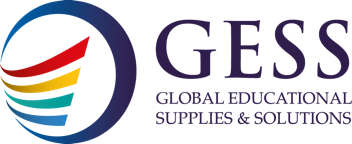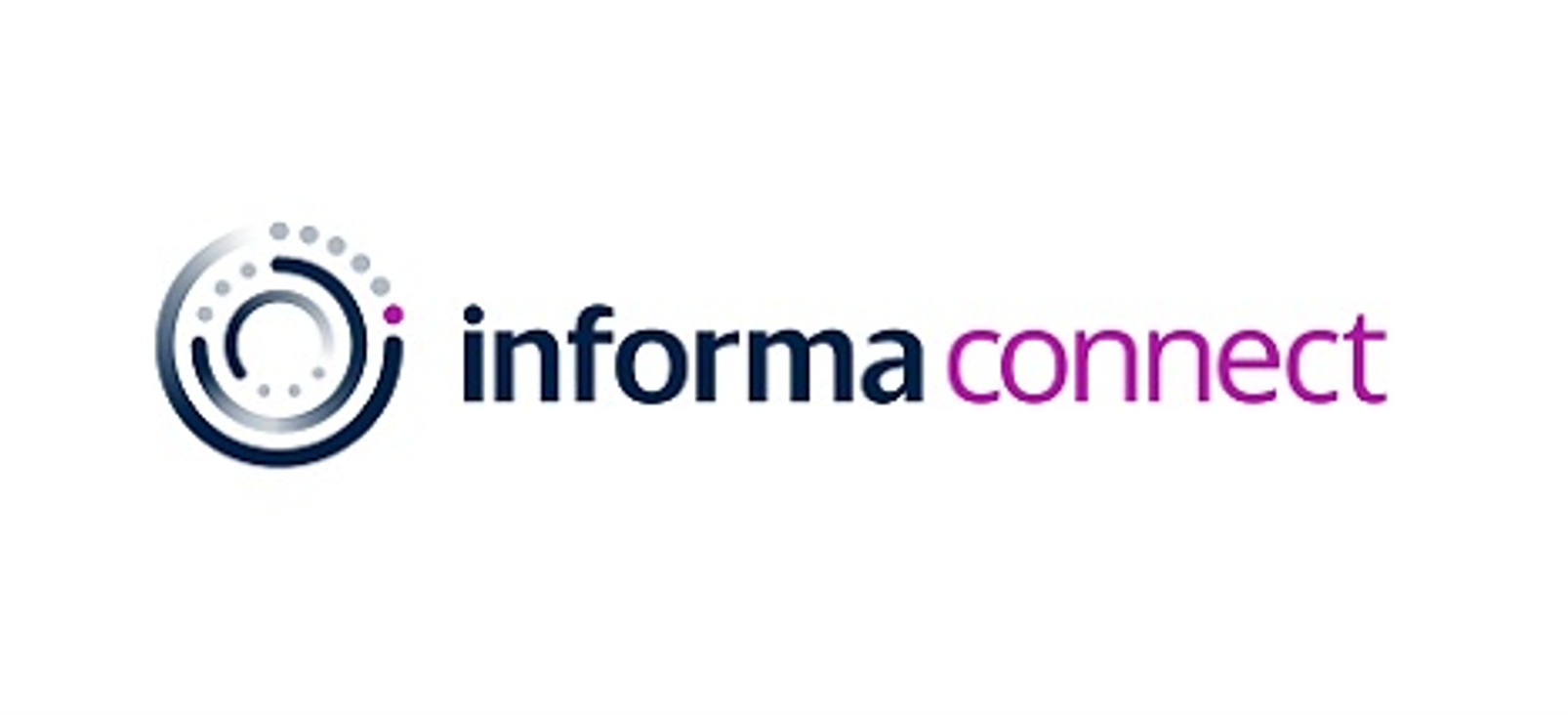The field of education is constantly evolving, shaped by advancements in technology, shifts in pedagogical approaches, and changing societal needs. To keep pace with these changes, educators must embrace emerging trends and adapt their teaching strategies to ensure students receive a relevant, engaging, and future-oriented education. Schools like Al Hekma International School in Bahrain are leading the way by implementing the latest trends to cater to the diverse needs of their students. Below are key trends in education and how educators can effectively implement them.
1. Personalised Learning Trend Overview: Personalised learning tailors education to meet individual students’ needs, abilities, and learning styles. Adaptive technologies and data-driven insights enable teachers to create a more customized learning experience for each student. Guidance for Educators: Leverage tools like learning management systems (LMS) and student data analytics to track progress and tailor learning paths. Encourage project-based learning to allow students to explore topics they are passionate about, fostering engagement and ownership over their learning journey.
2. Social-Emotional Learning (SEL) and Well-Being Trend Overview: The importance of social-emotional learning (SEL) is being increasingly recognized. SEL programs help students develop critical skills in self-awareness, emotional regulation, and interpersonal relationships, which contribute to both academic and personal success. Well-being goes hand in hand with SEL, as it emphasizes the mental, emotional, and physical health of students, helping them to thrive both inside and outside the classroom. Guidance for Educators: Incorporate SEL into daily classroom practices through mindfulness activities, collaborative projects, and strong teacher-student relationships. Activities like reflection circles, emotional check-ins, and guided relaxation techniques can promote well-being. Professional development in SEL and well-being can also empower educators to create emotionally supportive learning environments that address the holistic needs of students.
3. STREAM and Transdisciplinary Teaching Trend Overview: STREAM (Science, Technology, Research, Engineering, Arts, and Mathematics) education broadens traditional STEM by integrating the arts to foster creativity alongside technical skills. Transdisciplinary teaching further enhances this by blending various subjects, encouraging students to solve real-world problems from multiple perspectives. Guidance for Educators: Incorporate cross-disciplinary projects that combine technical knowledge with creativity. Hands-on experiences like coding, robotics, and 3D printing can be enhanced by art and design thinking. Transdisciplinary teaching fosters collaboration and critical thinking, pushing students to explore how different subjects interconnect.
4. Independent Learning Trend Overview: Independent learning promotes self-directed study habits and critical thinking skills, encouraging students to take ownership of their education. This trend prepares students for lifelong learning and adaptability in a rapidly changing world. Guidance for Educators: Encourage students to set learning goals, pursue topics of interest, and engage in reflective learning. Open-ended projects, inquiry-based learning, and research assignments help students cultivate problem-solving skills and deepen their understanding. Teachers should also guide students in time management and effective study strategies to support independent learning.
5. AI-Powered Learning Tools Trend Overview: Artificial Intelligence (AI) is revolutionising education by providing personalized learning paths, automated assessments, and real-time feedback. AI-powered tools can analyze student data to tailor instruction, allowing for a more individualized learning experience. Guidance for Educators: Teachers can use AI-driven platforms that offer personalized content and assessments, such as adaptive learning software. AI can also automate administrative tasks like grading, giving educators more time to focus on student engagement and critical thinking activities.
Al Hekma International School: Leading the Way in Innovation:
Al Hekma International School in Bahrain is a prime example of how innovative trends can be successfully integrated to meet the diverse needs of students. As the first school in Bahrain to be STEM certified by Cognia, Al Hekma has adopted cutting-edge approaches like personalized learning, STREAM education, and independent learning. By incorporating AI-driven tools, transdisciplinary teaching, and promoting social-emotional learning, the school creates a dynamic, student-centered environment that prepares learners for the future. Al Hekma’s commitment to global awareness and continuous professional development for educators ensures that students are not only academically successful but also well-rounded individuals ready to thrive in an ever-changing world.
Written by, Rasha Al Najjar, Assistant Principal - N/S & H/S Al Hekma International School


